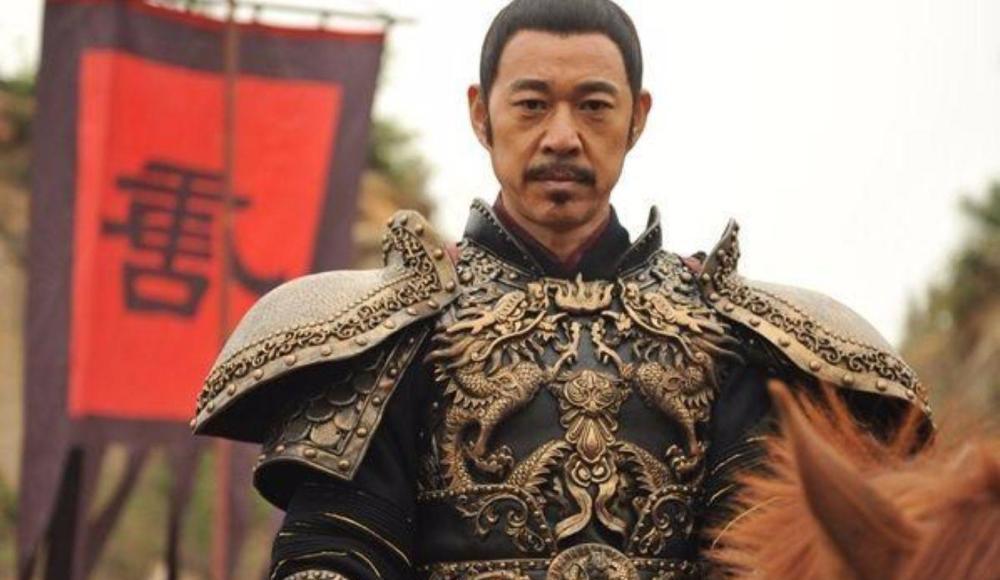Many people do things in pursuit of perfection, but things always have a little flaw. Ordinary people are like this, and emperors are even more so. They are in a high position, and their every move has been paid attention to and evaluated by countless people. If they make the slightest mistake in their decision, it will have a great impact on the people under their rule. There are many highly regarded emperors in history, but it is not denied that they were wrong.

For example, Li Shimin is good at listening to the opinions of his courtiers, and no matter whether he listens to the words of advice or not, he can draw the information he needs from it, and for those who are in this position, this heart is indeed remarkable. However, later he indulged in magic and delusional longevity, which cost the country and the people a lot of money; for example, the Kangxi Emperor, who was diligent in political affairs during his reign, made many major events in his life that had a profound impact on future generations. However, in his later years, he abandoned state affairs because of the matter of establishing a prince, leaving many hidden dangers for the later dynasty.
Even these two emperors have places to blame, and after so long in feudal society, has there not been a perfect emperor in history? The Zhou Shizong Chai Rong that I want to talk about today is considered by posterity to be a perfect emperor. Although he did not govern the country for a long time, no one ever blamed him for his mistakes in these years.
The emperor was born in a wealthy merchant family, but unfortunately his father's business was not smooth, so he had to defect to his uncle Guo Wei. At that time, his uncle's family was not rich, and Chai Rong helped his uncle take care of the housework when he grew up. In order to subsidize the family's economy, he often went out to do business. While running around, he saw a lot of different folk customs and understood the real needs of ordinary people.
He was intelligent by nature and liked to read, and in his spare time he read a lot of ancient writings. This early experience was very important for the decisions he later made when he became emperor. Later, with the support of his uncle, Chai Rong gave up the family business and followed his uncle Guo Wei into the army.
Guo Wei was a very talented general, and his years of conquest earned him the trust of Liu Zhiyuan, the founding emperor of the Later Han Dynasty. When the emperor was dying, he entrusted his son to him, hoping that he would do his best to assist him, and Guo Wei naturally did his best. Unfortunately, the new emperor was very scrupulous about the old ministers of the former dynasty, always afraid that they would turn against them one day, so he did a lot of unkind things to them.
Guo Wei and another chancellor finally could not stand the emperor's suspicions and rebelled, and with everyone's support, Guo Wei established Hou Zhou. When he died a few years later, he passed the throne to Chai Rong.
Chai Zong was praised by many historians, and when he became emperor, he not only handled political affairs properly, but also was diligent and thrifty, and strictly demanded himself. As an example for the people of the world, he can be said to have nothing to blame. Many people said that he was the most virtuous monarch at that time, and even the later Ming Taizu Zhu Yuanzhang said that he had a lot to learn from himself.
When Chai Rong had just become emperor, he once asked the minister: What should I do now? Some ministers said that the economy should be restored, some said that the people should be pacified, and some said that the territory should be expanded. Chai Rong listened to everyone's words before finally saying his plan: at that time, he was young and strong, and according to his expectations, he should be able to reign for thirty years.
These thirty years are divided into three stages, the first decade is to expand the territory of the country and prepare enough space for future development; the second decade is used to leave the people to recuperate and enable the people to live a rich life; the last decade is to develop national strength and finally achieve the situation of national prosperity. At that time, there were almost no emperors who could clearly decompose their plans during their reign. Chai Rong's thought can be said to be both ambitious and practical.
At that time, the country was in frequent wars, many people believed in Buddhism, and the rulers were happy to use this religious belief to educate the people. A large amount of copper coins were required to cast Buddha statues, and the people were even poorer. Chai Rong ordered the destruction of the Buddha statue and returned the copper coins.
He told everyone: Don't have doubts, and don't worry about retribution. Since the Buddha did good deeds for the people of the world, he was naturally willing to sacrifice himself to purify the people. If I had this effect as emperor, I would also be willing to give my body as long as my people could benefit.
During his reign, Chai Rong governed the country strictly according to his own plans, but unfortunately, on the way to a personal expedition, he contracted an acute illness. The young emperor died after only 6 years on the throne, leaving countless regrets for future generations.